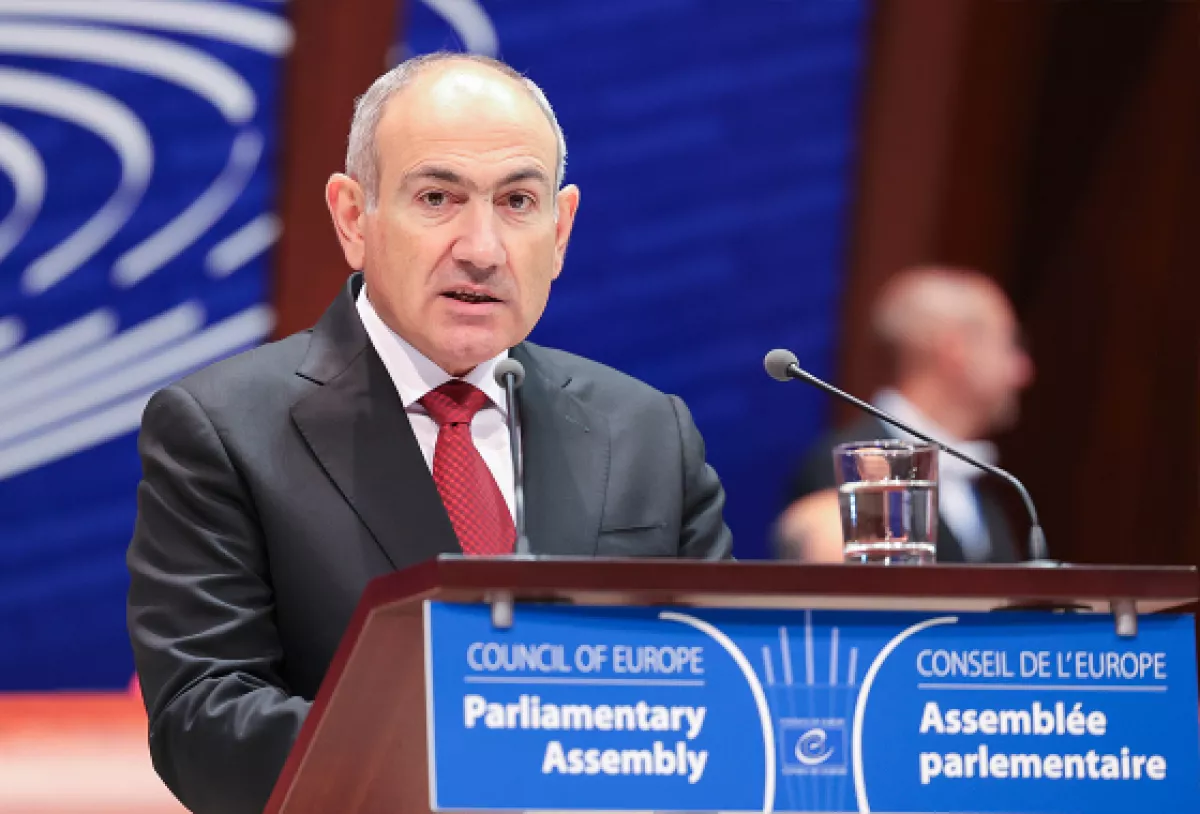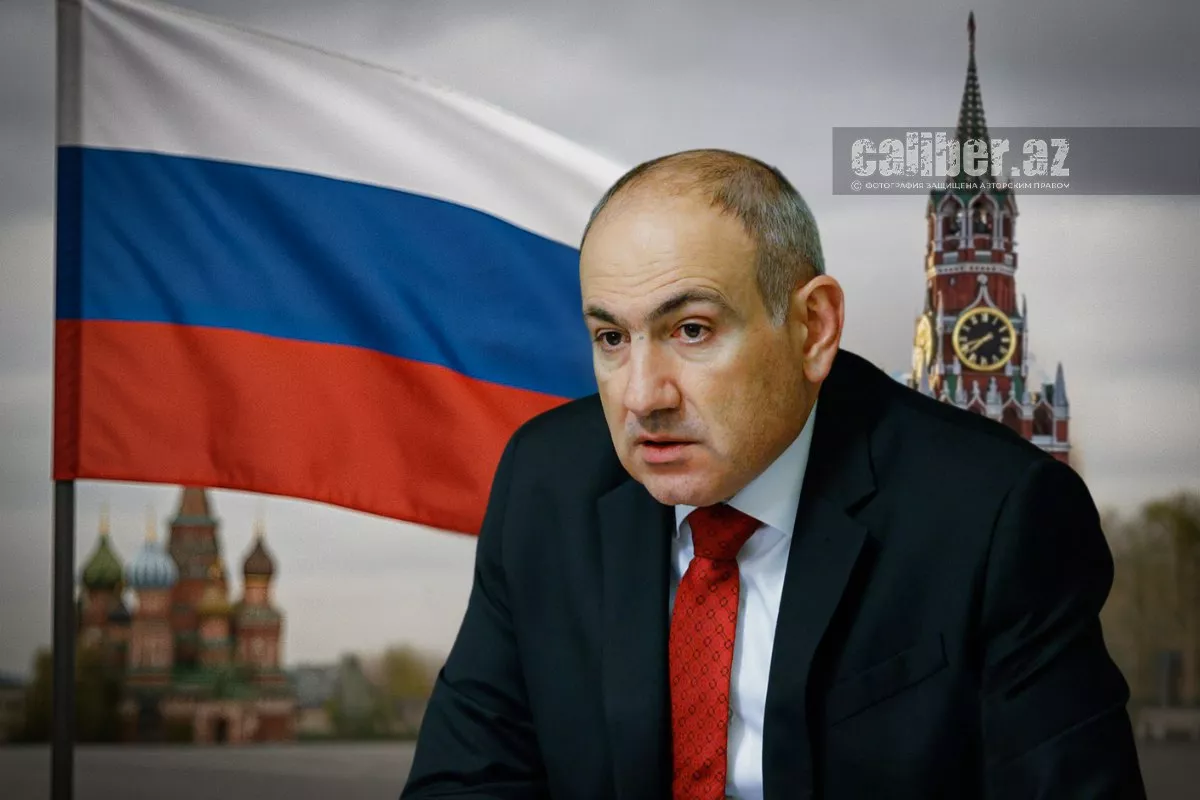Hybrid warfare and European integration Messages from the Armenian prime minister
In his speech at the Parliamentary Assembly of the Council of Europe (PACE), Armenian Prime Minister Nikol Pashinyan made several statements that drew attention regarding the current domestic political situation in the country and Yerevan’s policy priorities.

First and foremost, he stated that the Armenian opposition is spreading disinformation, thereby waging a “hybrid war against democracy.”
“The forces that were in power before 2018 control the majority of the media and spread disinformation to protect their illegally acquired property,” the prime minister said, adding that this situation “creates the impression that democracy is not safeguarded.”
We believe that Pashinyan’s statement should primarily be viewed as a message addressed to the former leaders of the now-defunct Karabakh junta – Serzh Sargsyan and Robert Kocharyan – who, unfortunately for the Armenian people, once held the reins of state power in Armenia and “successfully” led the country to economic collapse, plunging it into political isolation for three decades as a result of the occupation of Azerbaijani territories.
On the other hand, the prime minister made a subtle hint that opposition forces in Armenia are not acting independently, but rather following external directives. It is worth noting that Pashinyan is not speaking about the hybrid war waged against his team for the first time, implying that it is financed, at least in part, from outside the country.
For instance, during a briefing on the sidelines of the 7th Congress of the ruling Civil Contract Party, when asked by journalists whether he believes Russia is waging a hybrid war against Armenia, the prime minister gave a characteristically vague response, referring to third parties, but indirectly suggesting that he does not rule out such a possibility.
“There are colleagues who think so. Perhaps they have reasons, because a number of Russian TV channels and spokespersons promote such a narrative,” Pashinyan said.

In this context, it is also worth recalling that last year the issue of the “Russian factor” in the country was actively discussed in Armenian media. In particular, reports suggested that the planned coup had a “Russian trace.” Against this backdrop, the Armenian prime minister’s reference to a hybrid war clearly serves as a pointed allusion to Russia.
We believe that the Armenian authorities’ concerns regarding the domestic political situation are primarily linked to the parliamentary elections scheduled in Armenia for June 2026, after which a referendum on amendments to the Constitution is expected. These amendments would remove territorial claims against Azerbaijan from the Constitution, a key condition set by Baku for signing a comprehensive peace treaty between the two countries.
It can be stated with absolute certainty that in the period leading up to these significant events, Pashinyan and his team are likely to face further provocations, both from the opposition—including revanchists and the Church—and from certain external forces determined to undermine the historic peace process in the South Caucasus. However, despite the pressure, there is reason to hope that the current Armenian authorities will remain committed to the peace agenda and the Washington agreements of August 8, 2025. This is the first point.
The second point we wish to highlight concerns the following statement by the Armenian prime minister: “When our reforms meet European Union standards, we will have two options: either we will be accepted into the EU, or we will have standards that correspond to EU norms.”
We believe that the intended recipients of this message are two diametrically opposed parties—Brussels and Moscow. In other words, Pashinyan, with his words, signalled to Russia that despite its discontent, he does not intend to abandon European integration, and to the West that he will continue to pursue a European course regardless of Brussels’ decision on Armenia’s EU membership.








